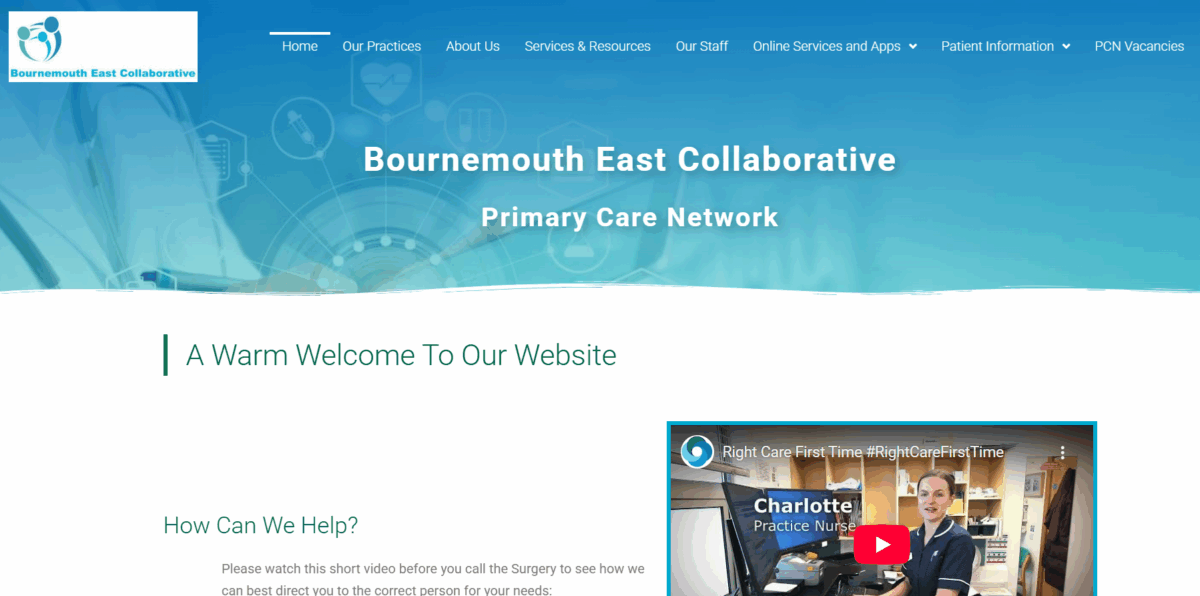
Primary care networks (PCNs) build on the core of current primary care services and enable greater provision of proactive, personalised, coordinated and more integrated health and social care. Clinicians describe this as a change from reactively providing appointments to proactively care for the people and communities they serve. Where emerging PCNs are in place in parts of the country, there are clear benefits for patients and clinicians.
Primary care networks are based on GP registered lists, typically serving natural communities of around 30,000 to 50,000. They should be small enough to provide the personal care valued by both patients and GPs, but large enough to have impact and economies of scale through better collaboration between practices and others in the local health and social care system.
Benefits Primary Care Networks have for Patients:
They offer a larger range of care services that weill be close to patient’s homes, as well as improved access
PCNs merge with a wider range of health and community services
Patients will be able to receive support for a more complicated conditions, and will have access to the health and care services that can support them
Patients will be able to have more of a role in making decisions around their own health and the care they receive.











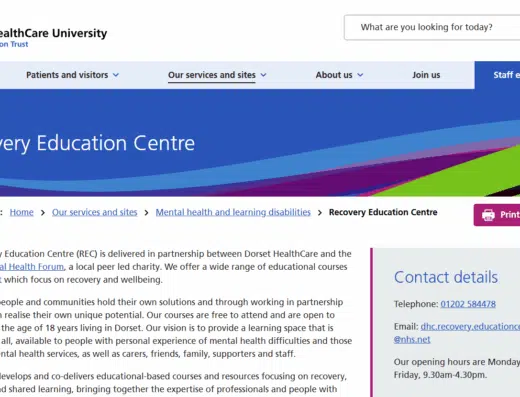
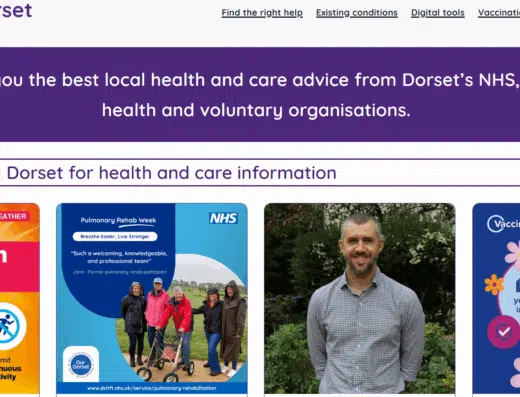





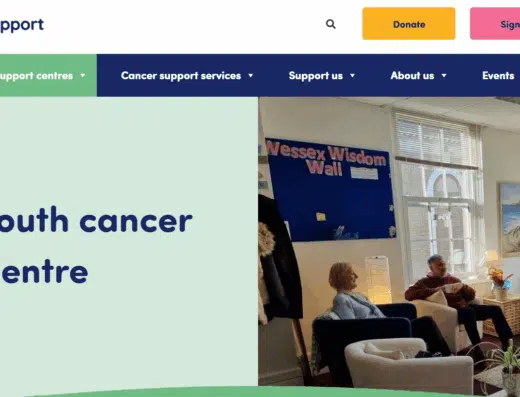



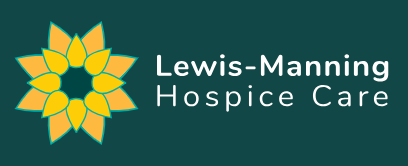








Leave a Reply